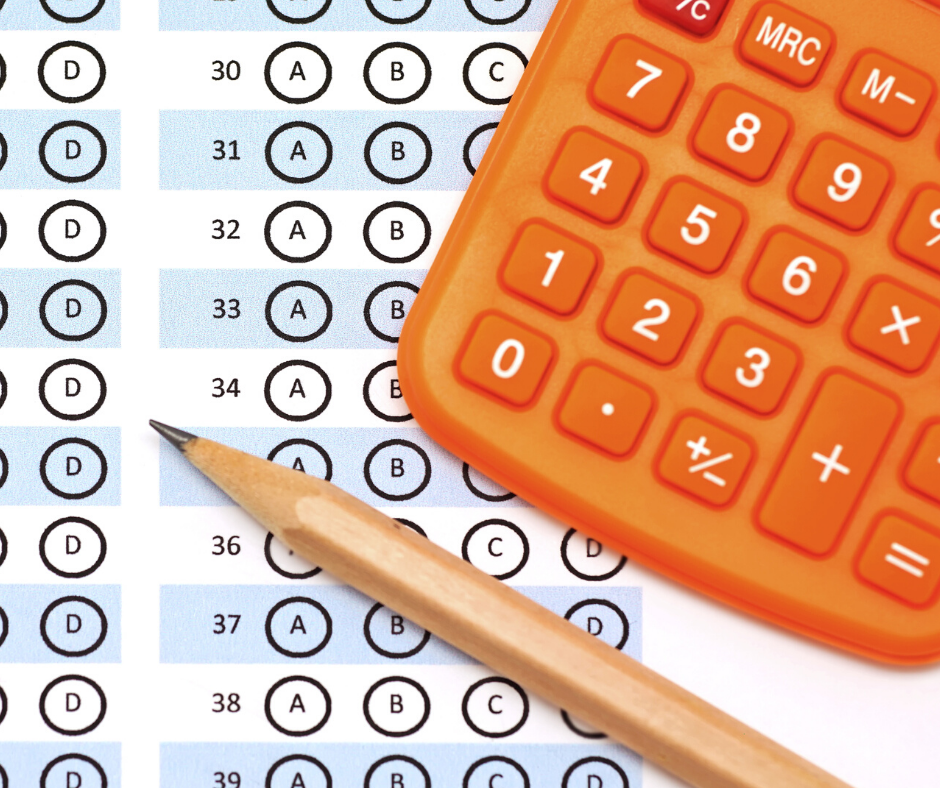Good at math but not seeing the SAT/PSAT scores you expect?
A common scenario we see from students is those who are “good at math” and are probably even in advanced math classes, and yet they cannot translate those math skills into a high score on the SAT math section. If you feel like you may be suffering from a similar problem, keep reading for the top four reasons this may be the case!
- 1. You're taking math classes that are too advanced: Yep, this may actually make SAT math more difficult! Because the SAT only goes up through trigonometry, many of the concepts tested on the exam will come from classes you took many years ago. While this may be problematic because you have forgotten many of the topics, you may be surprised to discover that some of the most difficult questions will be based on topics you remember but have not been tested on in a challenging way. Some of the most challenging questions on the exam come from arithmetic concepts covered in 6th or 7th grade, such as averages and remainders. However when you learned these concepts, you probably only learned the very basic content. You probably have never worked with variable remainders or multiple averages. Getting comfortable with the more advanced way these seemingly simple concepts are tested is vital for success on the math portion of the exam.
- 2. You're doing too much mental math: An additional weakness you may encounter stems from not making sufficient use of your scratch paper. Many students, due to the time pressure and somewhat basic nature of the calculations involved, are reluctant to write their work down, and they make careless errors as a result. The SAT can predict the common errors students make and will put the answers you obtain as a result as answer choices.
3. You're not used to the SAT question style: Another cause of underperformance stems from issues determining what to do with the information presented in a question. In academic math classes, most of the material is presented in units, where you know which concepts are being tested. This is because academic math classes are designed to measure content knowledge. However, the SAT is a reasoning test that requires very little (relative to what you learn in math classes) actual content knowledge. You are probably not used to looking at questions that do not clearly demonstrate which formula or strategy to solve, so you may have a hard time figuring out where to start on many SAT questions.
- 4. You're falling for trick answer choices: A final issue you may face on the math portion of the exam comes from trick answer choices. Many questions are designed to trick students who are not reading carefully by asking for the value of 10x instead of x, or for the value of y instead of x. Students who are good in math but struggle in standardized test math often miss these key distinctions.
If you understand why you are struggling, you can make educated steps towards efficient and effective improvement.







